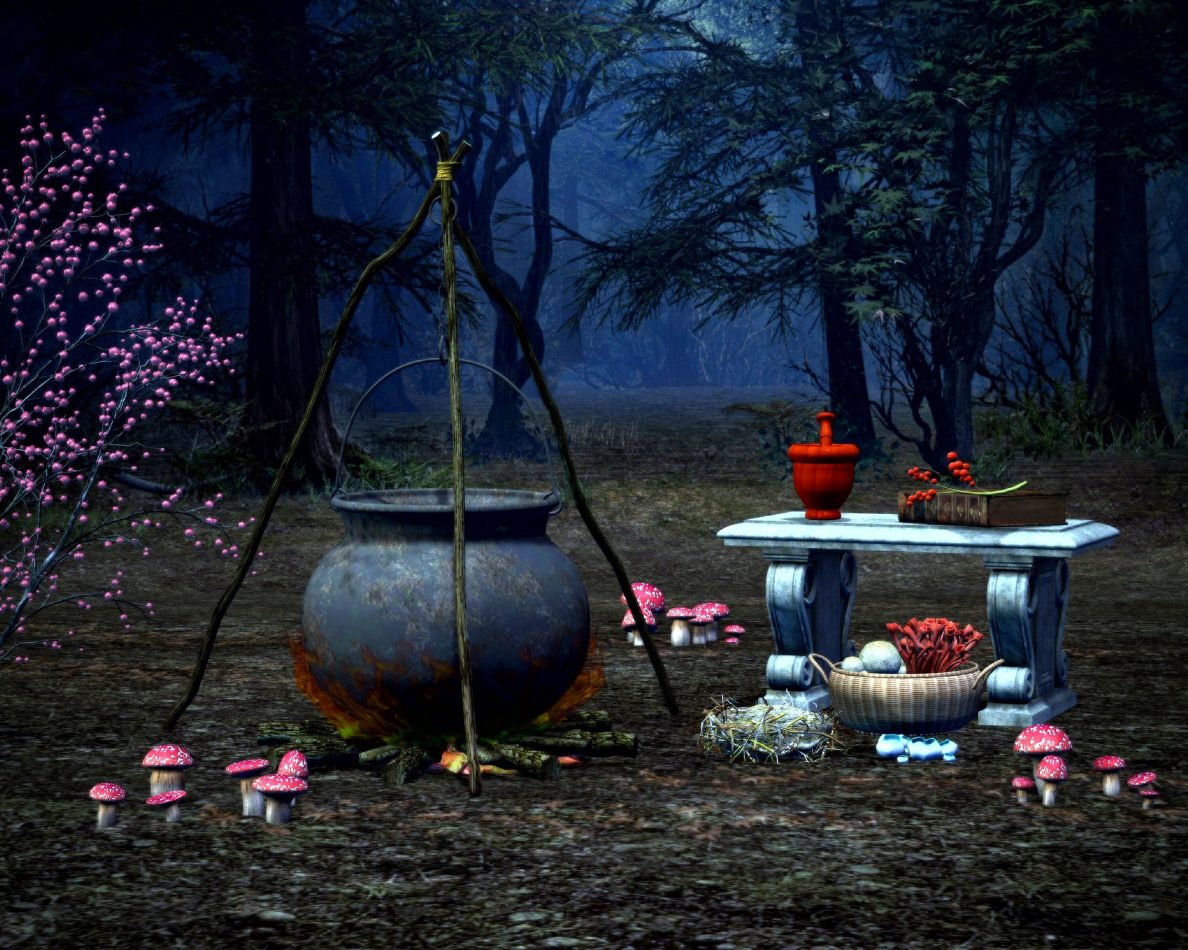INVOCATION OF THE CHARMS
I bathe thy palms
In showers of wine,
In the lustral fire,
In the five elements,
In the juice of the rasps,
In the milk of honey,
And I place the nine pure charms
In thy fair fond face,
The charm of form,
The charm of voice,
The charm of fortune,
The charm of goodness,
The charm of wisdom,
The charm of generosity,
The charm of choice maidenliness,
The charm of beauty,
The charm of fair speech.
Dark is yonder city,
Dark are those therein,
Thou art the brown swan,
Going in among them.
Their hearts are under thy control,
Their tongues are beneath thy sole,
Nor will they ever utter a word
To give thee offence.
A shade art thou in the heat,
A shelter art thou in the cold,
Eyes art thou to the blind,
A staff art thou to the pilgrim,
An island art thou at sea,
A fortress art thou on land,
A well art thou in the desert,
Health art thou to the ailing.
Thine is the skill of the Fairy Women,
Thine is the virtue of Bridget the calm,
Thine is the faith of Danu the mild,
Thine is the tact of the women of Kildare,
Thine is the beauty of Emir the fair,
Thine is the tenderness of Darthula delightful,
Thine is the courage of Maebh the strong,
Thine is the charm of Binne-bheul.
Thou art the joy of all joyous things,
Thou art the light of the beam of the moon,
Thou art the door of hospitality,
Thou art the surpassing star of guidance,
Thou art the step of the deer on the hill,
Thou art the step of the steed on the plain,
Thou art the grace of the swan swimming,
Thou art the loveliness of all lovely desires.
The lovely likeness of the Lady
Is in thy fair face,
The loveliest likeness that
Ever was in the Three Worlds.
The best hour of the day be thine,
The best day of the week be thine,
The best week of the year be thine,
The best year of a lifetime be thine.
Ogma has come and Midir has come,
Lir has come and Manannan has come,
Morigan and Tailtiu have come,
The Dagda, all-beneficent has come,
Angus the beauteousness of the young has come,
Amergin the seer of the Tuatha has come,
Lugh the prince of the valiant has come,
And Nuada the chief of the hosts has come,
And the Goddess of all has come,
And her spirit of guidance has come,
And her consort, the Horned One, has come,
To bestow on thee their affection and their love,
To bestow on thee their affection and their love.
